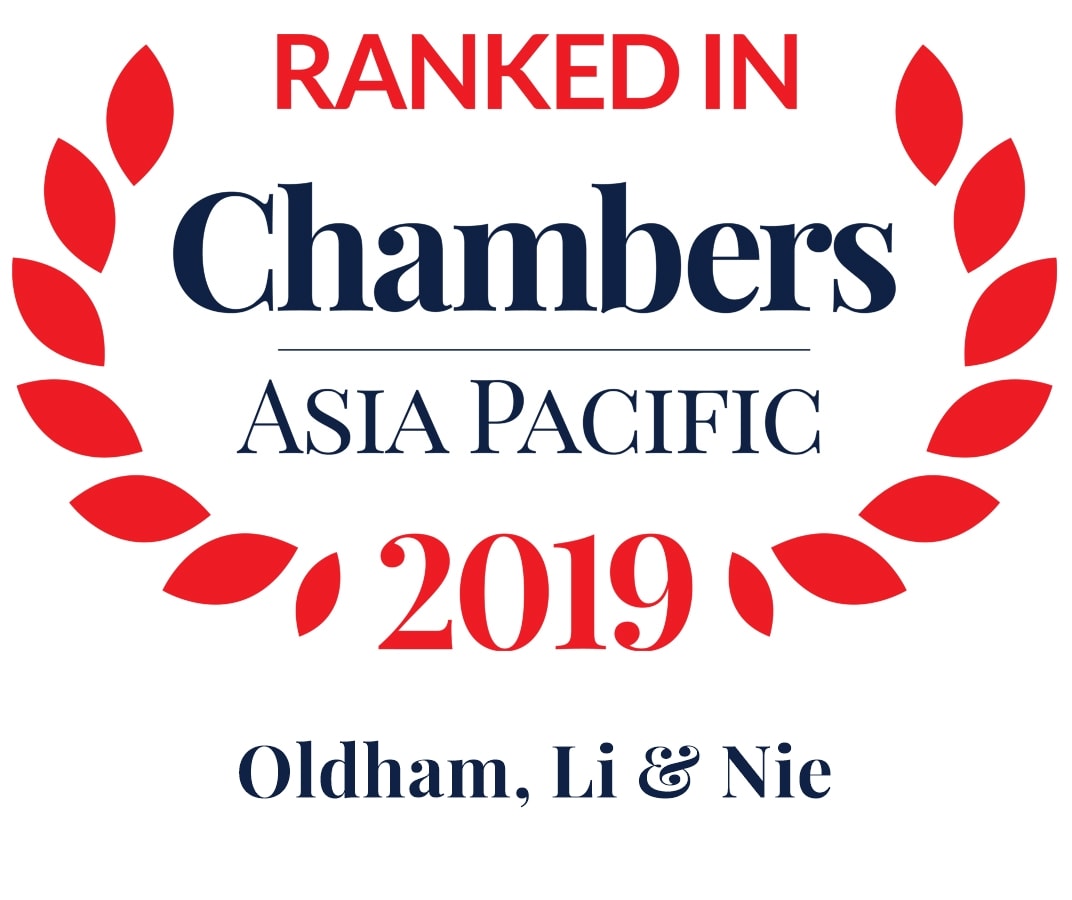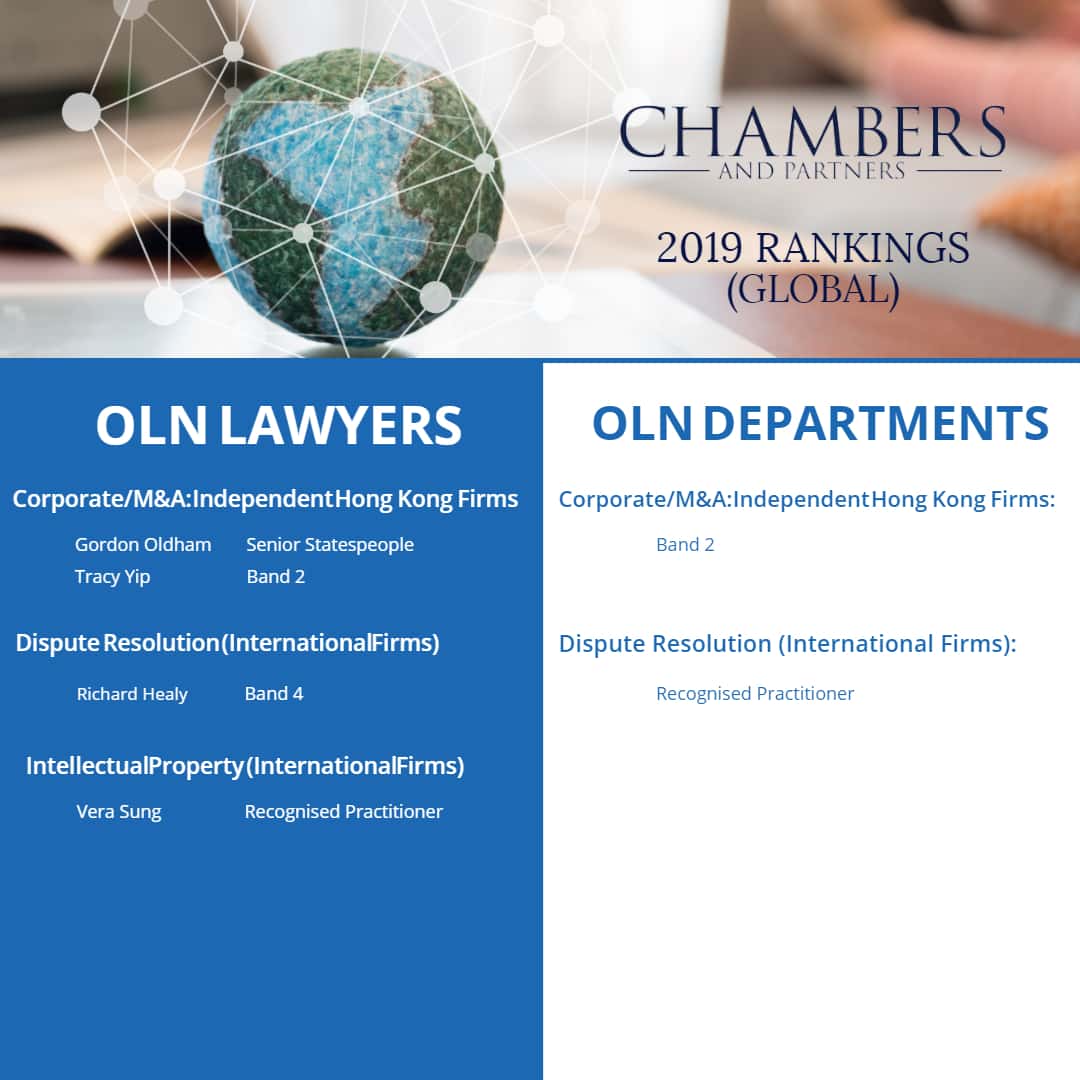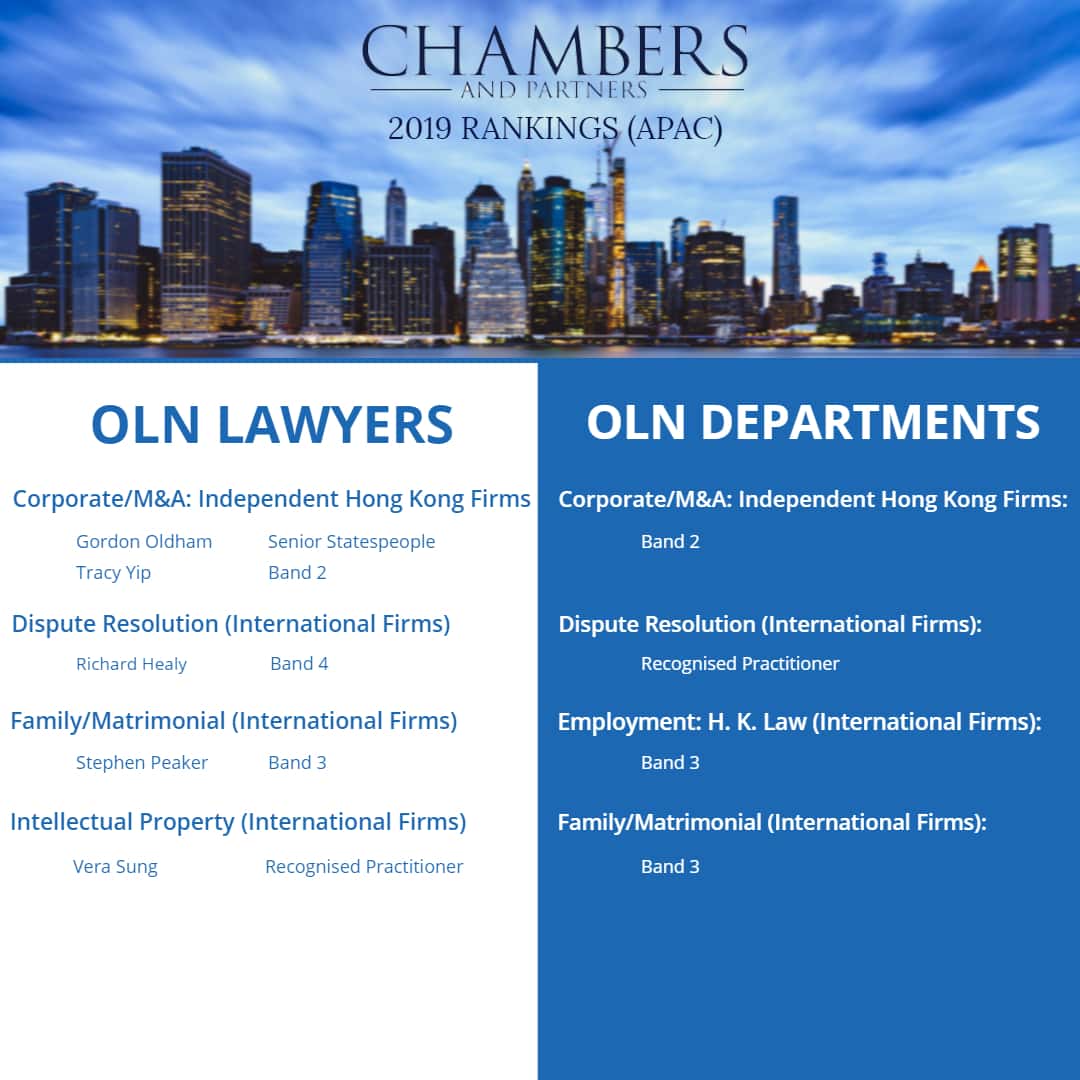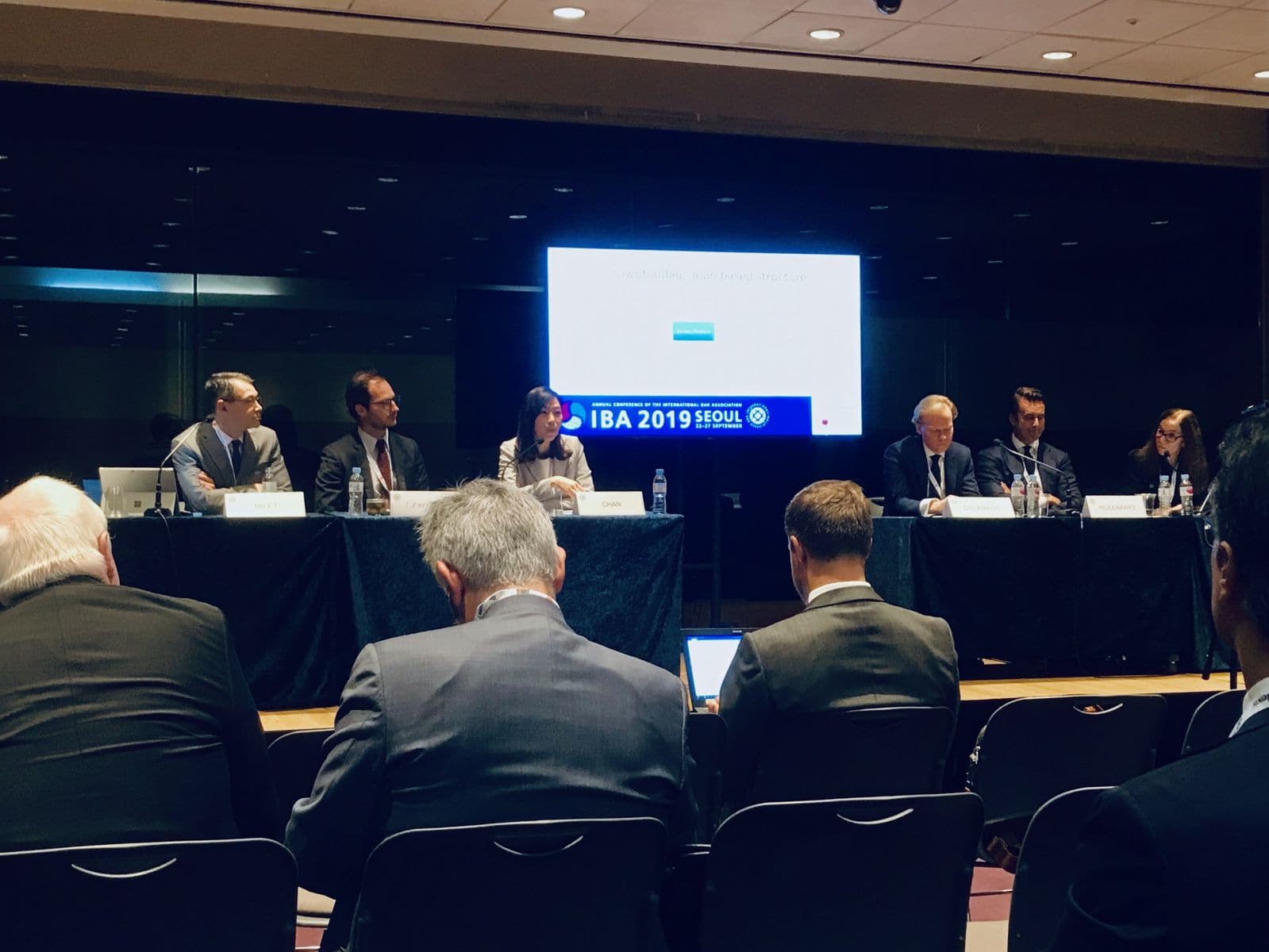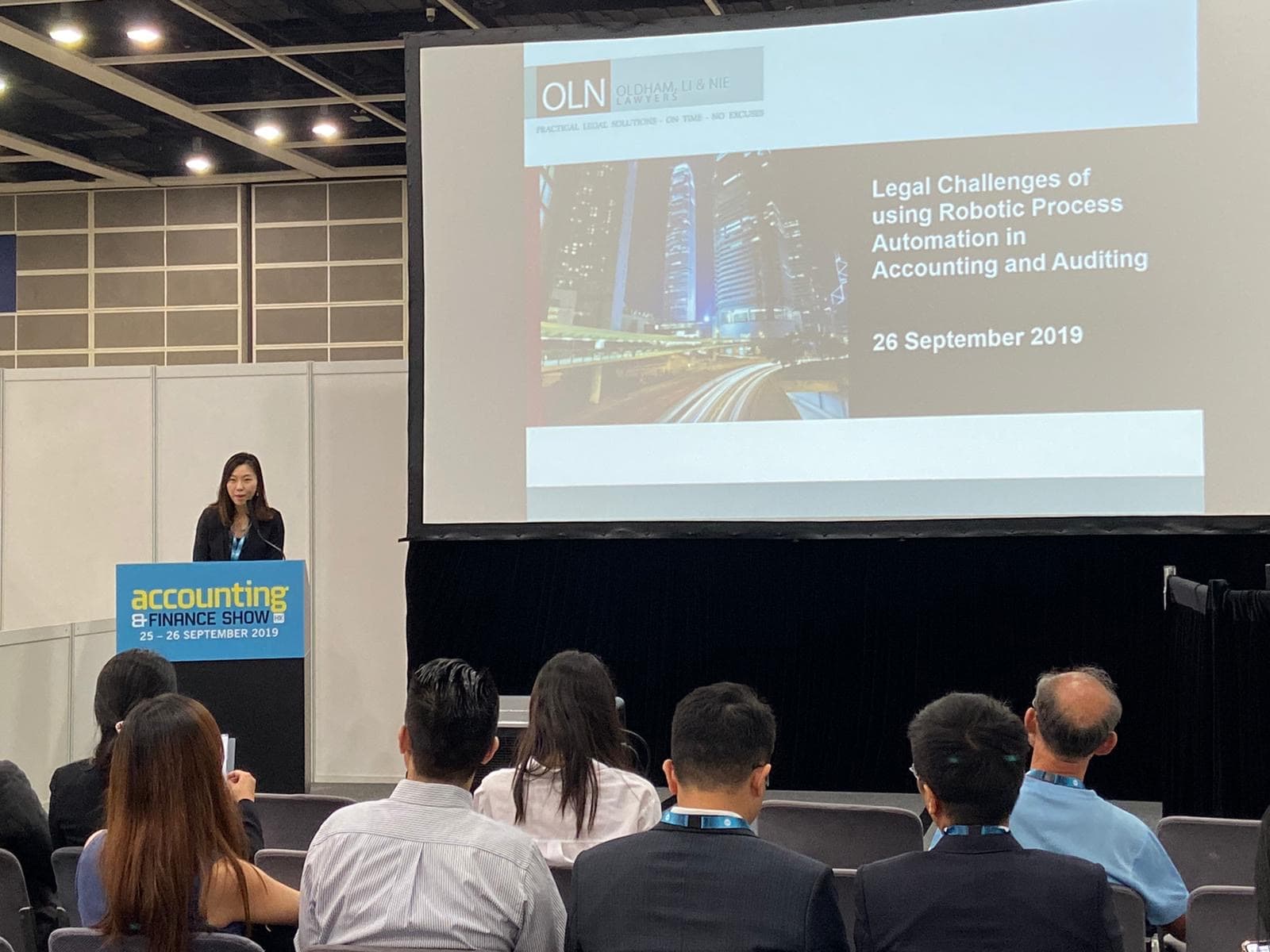隨著長輩越來越長壽,有時後,他們的意識/精神能力可能會下降。為了保護家庭資產,年輕的家庭成員可能希望接管家庭資產的處理,但如何避免法律挑戰呢?根據《持久授權書條例》(香港法例第501章),持久授權書容許授權人在自己精神上還有能力的時候,委任受權人,為授權人日後變為“精神上無能力行事”作準備。
如下所述:
- 即使已經出現精神上無能力行事,該持久授權書也會有效。
- 與使用《精神健康條例》(香港法例第136章)的產業受託監管人相比,這制度更加方便和具成本效益。引用《精神健康條例》之前,該人的狀況要達到完全無法做出自願和知情的決定。再說,“精神上無能力行事”的測試更加嚴格。
程序的要求:
- 跟《持久授權書(訂明格式)規例》(第501A章)規定的形式
- 受權人必須年滿18歲(不能是信託公司)
- 授權人在簽署持久授權書時是在註冊醫生,香港執業律師和兩名證人面前簽名
- 醫生必須證明授權人精神上具有能力行事
- 律師必須證明授權人在醫生簽署後的同一時間或在28天內精神上具有能力行事
- 授權人必須承認是自願簽署文件的
- 授權人必須指定將賦予受權人甚麼權力(與一般授權書不同,授權人不能對他的所有財產和財務事務給予一般/沒有差別地授權)
- 如果有兩名受權人,授權人必須指定其權力是共同的(需要兩個受權人的同意)還是共同及連帶(任何一個受權人都可以決定)
- 向高等法院司法常務官註冊持久授權書(該登記冊是開放供公眾查閱)
實質性要求的兩個要素:
1. 無法理解持久授權書的影響,或者由於以下原因而無法做出授予持久授權書的決定:
– 精神紊亂定義為精神病,屬智力及社交能力的顯著減損的心智發育停頓或不完全的狀態,而該狀態是與有關的人的異常侵略性或極不負責任的行為有關連的,有精神病理障礙,或不屬弱智的任何其他精神失常或精神上無能力; 或
– 智力障礙,定義為一般智力功能低於平均水平且適應性行為不足;和
2. 在做出合理努力理解授權人後,無法與授權人交流授予或希望授予持久授權書的意圖
質疑持久授權書有效性的人要承擔舉證責任。
請注意,一個人即使患有精神障礙,也不一定缺乏授予持久授權書的能力。只要他充分了解持久授權書的性質和作用,並自願將持久授權書授予他選擇的受權人,持久授權書是有效的。
實際上,只要醫生和律師進行的評估在程序上和實質上是正確的並針對授權人的情況而定,就可以成立有效的持久授權書(廣泛流行的MMSE測試是不具結論性的,應視情況而定考慮其他臨床測試),而且醫生和律師都保留了足夠詳細的同期記錄,這些記錄在任何潛在法律程序都會有用。
最後,還應考慮3個注意事項:
- 持久授權書的有效期
- 如在一段長的時間內進行多次評估,會否有助提高法律的認受性
- 是否需要“更新”授權人的其他法律文件,以便所有財務有關的文件彼此一致
如想了解更多,請隨時與爭議解決合夥人趙君宜律師(+852 2186 1885)聯絡。
 香港中環雪厰街二號聖佐治大廈五樓503室
香港中環雪厰街二號聖佐治大廈五樓503室 +852 2868 0696
+852 2868 0696








